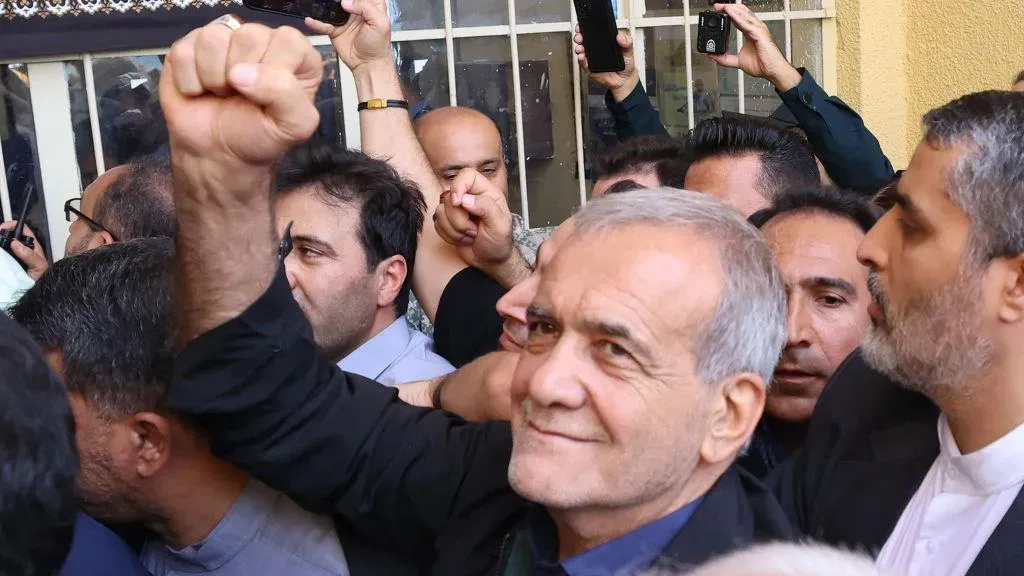Masoud Pezeshkian Wins Iranian Presidency
Masoud Pezeshkian, a relatively moderate member of the Iranian parliament, has emerged victorious in the run-off presidential elections, defeating his hardline conservative opponent by a significant margin. The 69-year-old, representing Tabriz in parliament since 2008 and a former health minister, will succeed Ebrahim Raisi, who tragically passed away in a helicopter crash last month.
Celebration and Hope Among Supporters
In anticipation of the official results, Dr. Pezeshkian’s youthful supporters flooded the streets of Tehran and other cities, waving green flags synonymous with his campaign, singing, and dancing in celebration. His election has injected hope into Iran’s disillusioned younger generation, many of whom had been contemplating emigration in search of better prospects.
Shift from Hardline Control
His victory disrupts the plans of Islamic hardliners aiming to consolidate power alongside Ayatollah Ali Khamenei. Pezeshkian’s platform resonated particularly with women and young voters, promising a focus on their rights and aspirations amidst increasing repression and economic challenges.
Mixed Reactions and Challenges Ahead
While some view Pezeshkian’s win as a positive shift towards moderation, others remain skeptical of real change given the supreme leader’s overarching influence. Despite these reservations, voter turnout surged in the run-off, with strategic voting aimed at preventing a hardline candidate’s victory.

FAQ
What are the key promises of President-elect Masoud Pezeshkian? Masoud Pezeshkian has pledged to improve relations with Western nations, revive the nuclear deal for sanctions relief, and address Iran’s economic isolation.
How has Pezeshkian’s election impacted women’s rights in Iran? He opposes the forceful enforcement of the compulsory hijab rule, indicating a potential shift in Iran’s domestic policies regarding personal freedoms.
What challenges does President-elect Pezeshkian face in implementing his agenda? He must navigate a conservative-dominated political system to enact meaningful reforms, particularly in economic policies and international relations.
How has voter sentiment influenced the election outcome? Many voters, discontented with repression and economic hardship, turned out strategically to prevent a victory by a hardline candidate, signaling a desire for change.


